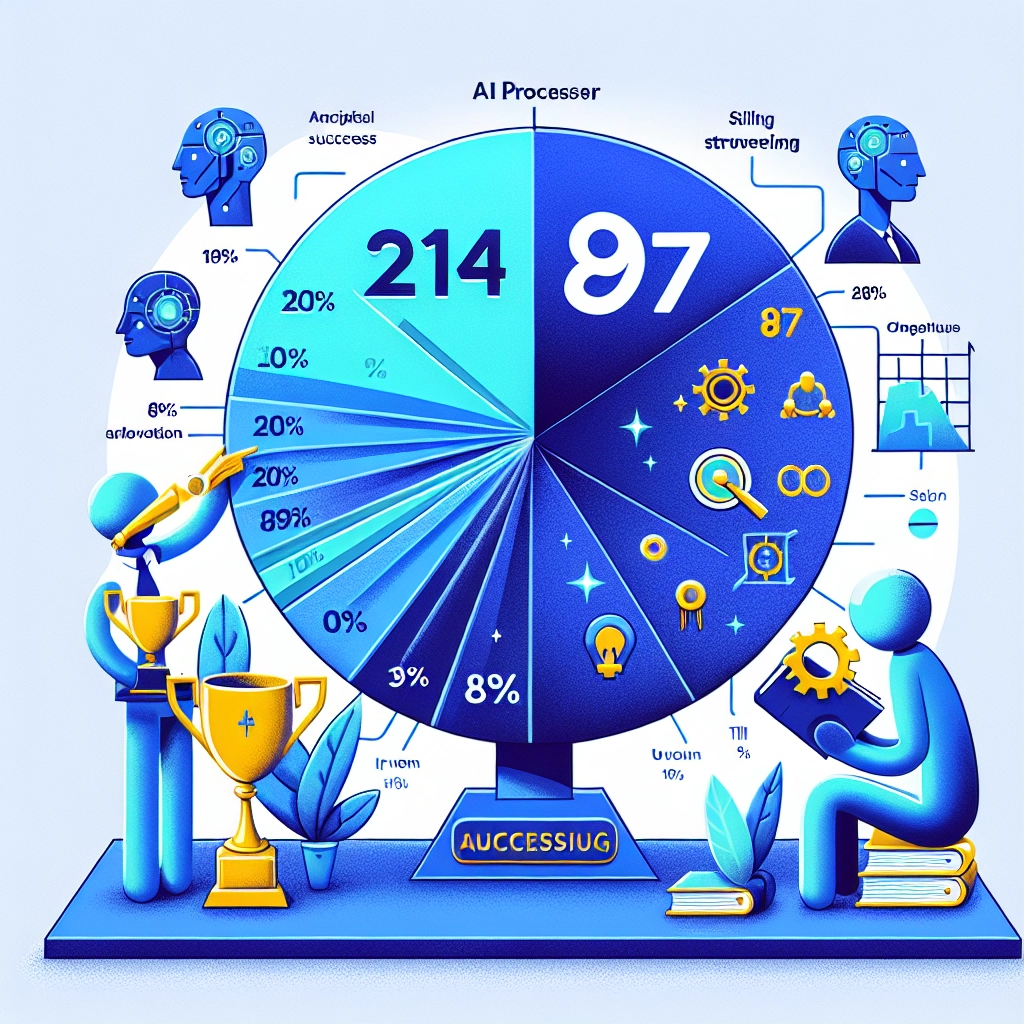The AI processor market has become a rapidly developing landscape, with more than 120 companies vying to produce a range of AI processors for various applications, from edge devices to large-scale data center accelerators. These startups have collectively secured over $13.5 billion in funding, with many raising significant amounts in the past year alone.
Industry experts report that alongside this venture funding, around $60 billion in research and development has also been invested by 26 public companies in this field. Dr. Jon Peddie, president of Jon Peddie Research, likens the current situation to a "Cambrian explosion," reminiscent of past booms in 3D graphics and XR technology. This surge is expected to lead to significant consolidation, with projections suggesting that the number of competitors will shrink from 121 to approximately 25 by the end of the decade.
However, a significant challenge remains for many of these startups, as only about 10% possess actual marketable products. Numerous companies are also directly competing with established giants like Nvidia and AMD, particularly in the training processor sector. Dr. Peddie highlights the difficulties these newer entrants face in persuading major manufacturers to opt for their solutions over well-established providers. For instance, despite AMD’s capabilities to produce competitive alternatives to Nvidia’s offerings, they still struggle to make a mark in the AI arena.
The U.S. currently leads in AI hardware development, but competition is intensifying as companies like China’s DeepSeek and Huawei roll out advanced chips, and India announces a domestic GPU production initiative. Recent policy shifts in Washington have also reshaped the competitive landscape, enabling American firms like Nvidia and AMD to finalize substantial agreements abroad.
Vendors in this sector can be categorized into five areas: IoT, Edge, Automotive, data center training, and data center inference. The inference category has attracted the most startups, thanks to its vast application potential, which encompasses everything from health-monitoring wearables to smart home devices and industrial automation solutions. The versatility of inference systems enables them to adapt and respond quickly, a significant step-up from the earlier "smart devices."
Despite Dr. Peddie’s cautious outlook regarding the competition’s viability, he points out the excitement surrounding innovative developments, such as analog neuron processors and in-memory processing technologies, indicating a promising future for the field.
Welcome to DediRock, your trusted partner in high-performance hosting solutions. At DediRock, we specialize in providing dedicated servers, VPS hosting, and cloud services tailored to meet the unique needs of businesses and individuals alike. Our mission is to deliver reliable, scalable, and secure hosting solutions that empower our clients to achieve their digital goals. With a commitment to exceptional customer support, cutting-edge technology, and robust infrastructure, DediRock stands out as a leader in the hosting industry. Join us and experience the difference that dedicated service and unwavering reliability can make for your online presence. Launch our website.

